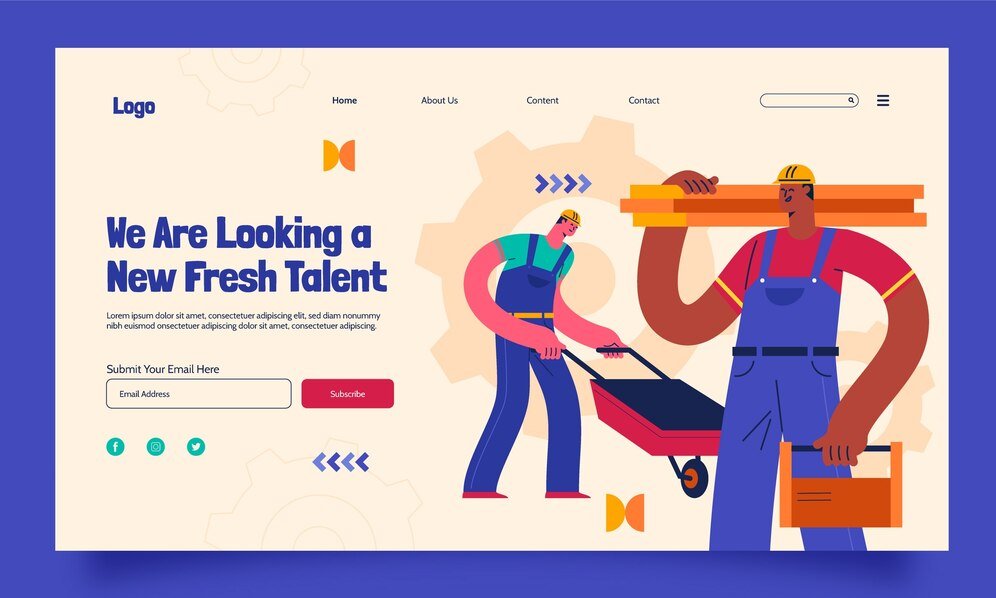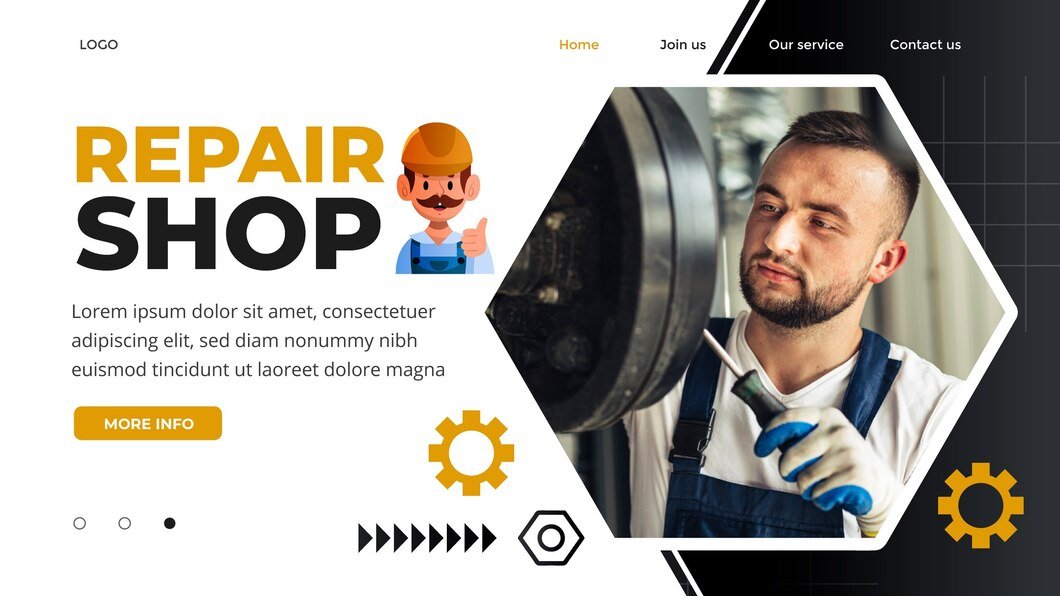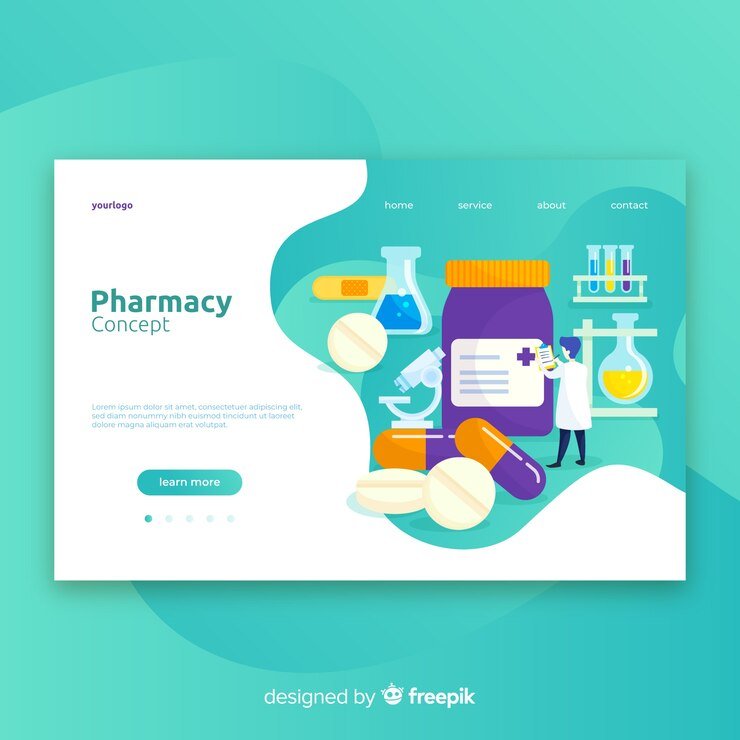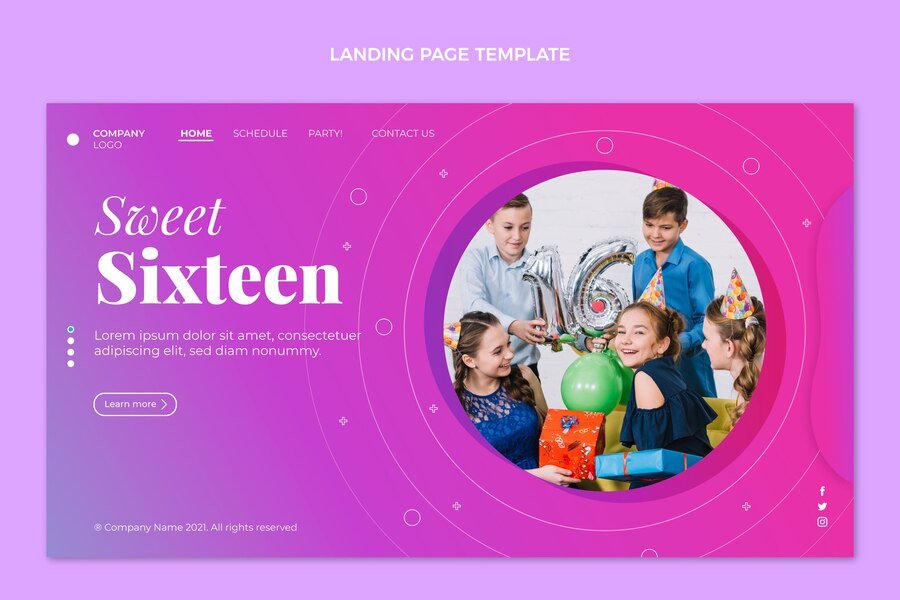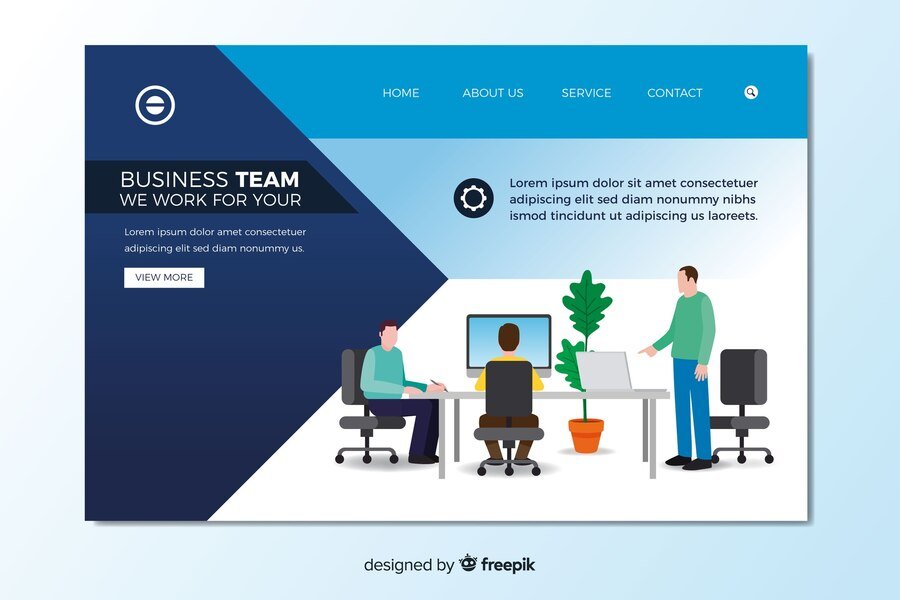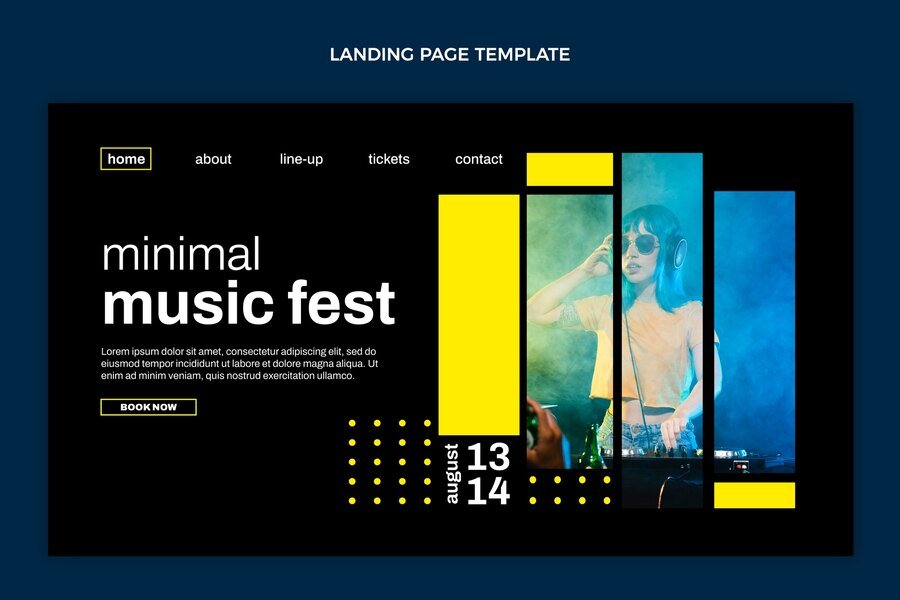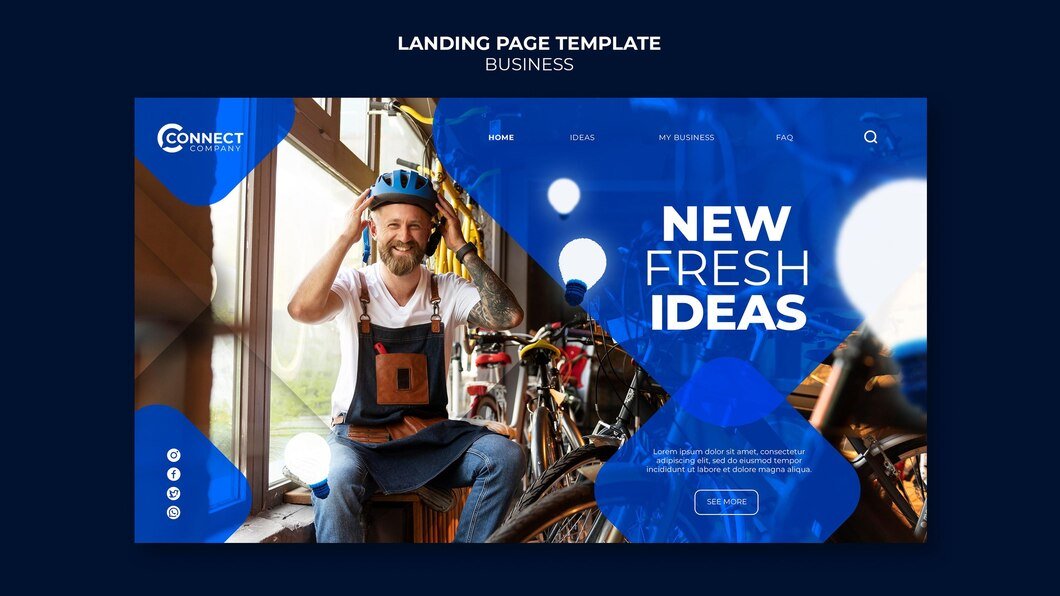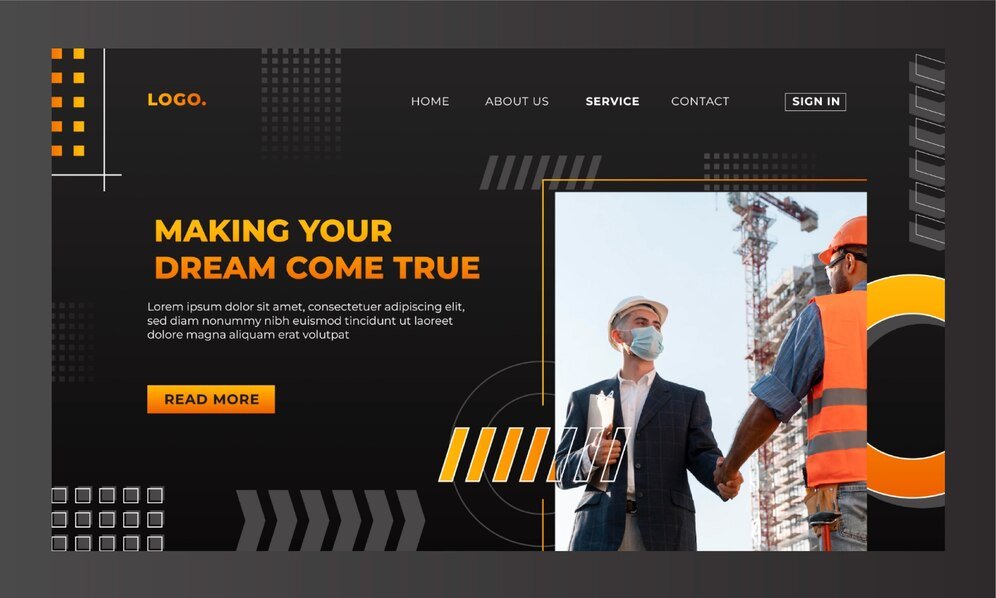In the digital age, social media has become an indispensable tool for businesses, especially in the fitness industry. Leveraging social media can significantly enhance your fitness website’s visibility, engagement, and overall success. This article provides a comprehensive guide on how to effectively harness the power of social media for your fitness website.
1. Establishing a Strong Social Media Presence
Choosing the Right Platforms
Not all social media platforms are created equal. Identify where your target audience spends their time. For fitness enthusiasts, platforms like Instagram, Facebook, YouTube, and TikTok are highly effective. Each platform offers unique features that can help showcase different aspects of your fitness brand.
Creating Consistent Branding
Consistency is key in building a recognizable brand. Use the same color scheme, logos, and messaging across all platforms. This not only reinforces your brand identity but also makes your content easily recognizable.
Developing a Content Calendar
A well-planned content calendar ensures that you post regularly and maintain engagement with your audience. Include a mix of content types such as workout videos, healthy recipes, fitness tips, and motivational quotes. Scheduling tools like Hootsuite or Buffer can help manage and automate your posts.
2. Engaging Your Audience
High-Quality Visual Content
Visual content is crucial in the fitness industry. Invest in high-quality images and videos that demonstrate workouts, transformations, and success stories. Use tools like Canva to create visually appealing graphics.
Interactive Content
Encourage engagement through interactive content. Use polls, Q&A sessions, live workouts, and challenges to foster a sense of community. Platforms like Instagram and Facebook offer live streaming features that are perfect for real-time interaction.
User-Generated Content
User-generated content (UGC) is a powerful way to build trust and authenticity. Encourage your followers to share their fitness journeys and tag your brand. Feature these posts on your social media channels to create a community-driven environment.
3. Leveraging Influencer Partnerships
Identifying the Right Influencers
Collaborate with fitness influencers who align with your brand values and have a genuine following. Micro-influencers, with a smaller but highly engaged audience, can be more effective than macro-influencers.
Creating Authentic Partnerships
Work with influencers to create authentic content that resonates with their audience. Avoid overly promotional content; instead, focus on real-life experiences and success stories. Co-create challenges, giveaways, or product reviews to drive engagement.
Tracking and Measuring Success
Use analytics tools provided by social media platforms to track the performance of influencer partnerships. Measure metrics such as engagement rates, reach, click-through rates, and conversion rates to evaluate the effectiveness of your campaigns.
4. Utilizing Paid Advertising
Facebook and Instagram Ads
Paid advertising on Facebook and Instagram can significantly boost your reach. Use targeted ads to reach specific demographics, interests, and behaviors. Experiment with different ad formats like carousel ads, video ads, and story ads to see what resonates best with your audience.
YouTube Ads
YouTube ads are highly effective for showcasing workout videos, tutorials, and testimonials. Use skippable ads, non-skippable ads, and bumper ads to capture the attention of viewers. Ensure your ads are high-quality and provide value to the viewer.
Ad Retargeting
Retargeting ads are a powerful way to re-engage users who have previously interacted with your website or social media channels. Use retargeting strategies to remind users of your services, special offers, or new content.
5. Analyzing and Optimizing Performance
Social Media Analytics
Regularly analyze your social media performance using built-in analytics tools. Track key metrics such as follower growth, engagement rates, reach, and website traffic. This data helps you understand what’s working and what needs improvement.
A/B Testing
Conduct A/B testing on your social media posts and ads to determine the most effective strategies. Test different headlines, images, call-to-actions, and posting times to optimize your content for better engagement and conversion.
Continuous Improvement
Social media is constantly evolving, so it’s important to stay updated with the latest trends and features. Continuously refine your strategies based on performance data and industry best practices. Attend webinars, read industry blogs, and participate in online communities to stay ahead of the curve.
6. Integrating Social Media with Your Website
Social Media Buttons and Widgets
Integrate social media buttons and widgets on your fitness website to encourage visitors to follow and engage with your social media channels. This can increase your social media following and drive traffic back to your website.
Embedding Social Feeds
Embed social media feeds on your website to showcase live updates from your social channels. This provides fresh content on your website and keeps visitors engaged with your latest posts.
Social Sharing
Enable social sharing options on your blog posts, videos, and other content to make it easy for users to share your content on their social media profiles. This can increase your reach and drive more traffic to your website.
Conclusion
Harnessing the power of social media for your fitness website involves strategic planning, consistent execution, and continuous optimization. By establishing a strong presence, engaging your audience, leveraging influencer partnerships, utilizing paid advertising, and integrating social media with your website, you can significantly enhance your online visibility and drive success.

